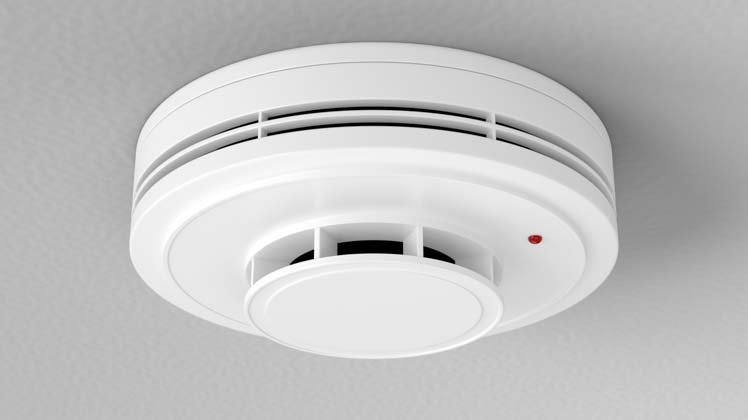Carbon Monoxide

If you suspect a carbon monoxide problem, get fresh air. Then, call MNG.
Carbon monoxide (CO) is a colorless, odorless and toxic gas. Carbon monoxide poisoning can happen in a matter of minutes, so if you suspect a problem, don’t hesitate to go outside! In an emergency, call 911 from an outside phone.
Symptoms of Exposure
Exposure to carbon monoxide can cause flu-like symptoms, including headache, dizziness, weakness, nausea and loss of muscle control. Prolonged exposure to carbon monoxide can lead to serious illness and even death.
Sources of Carbon Monoxide
Carbon monoxide is found in combustion fumes, such as those produced by automobile engines, small gasoline engines, stoves, generators, lanterns, and natural gas ranges, or by burning charcoal, oil, wood or propane. Carbon monoxide from these sources can build up in enclosed or partially enclosed spaces or garages.
Precautions and Safety Measures
Replace or test batteries in your carbon monoxide detectors and smoke alarms at least twice each year.
Protection is as easy as having your heating system, chimney flues and vents checked once a year by a professional .
